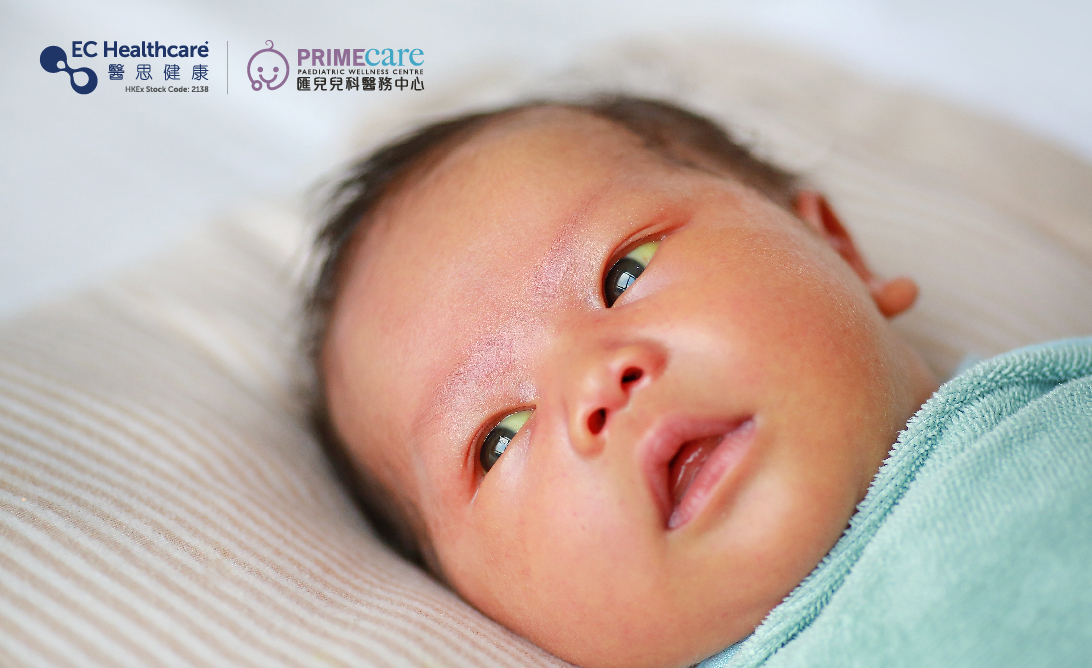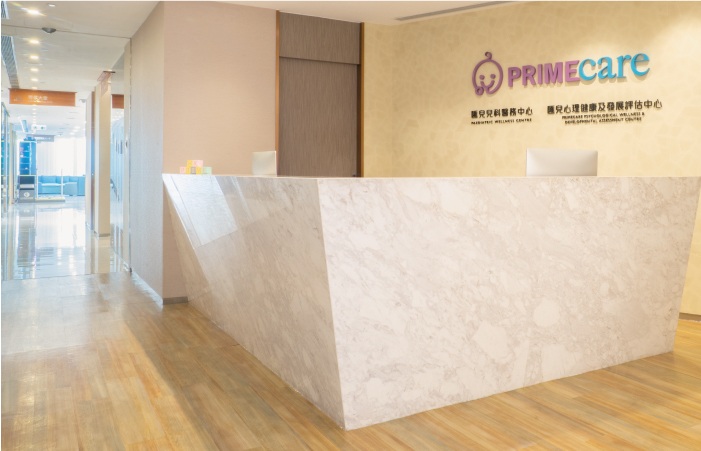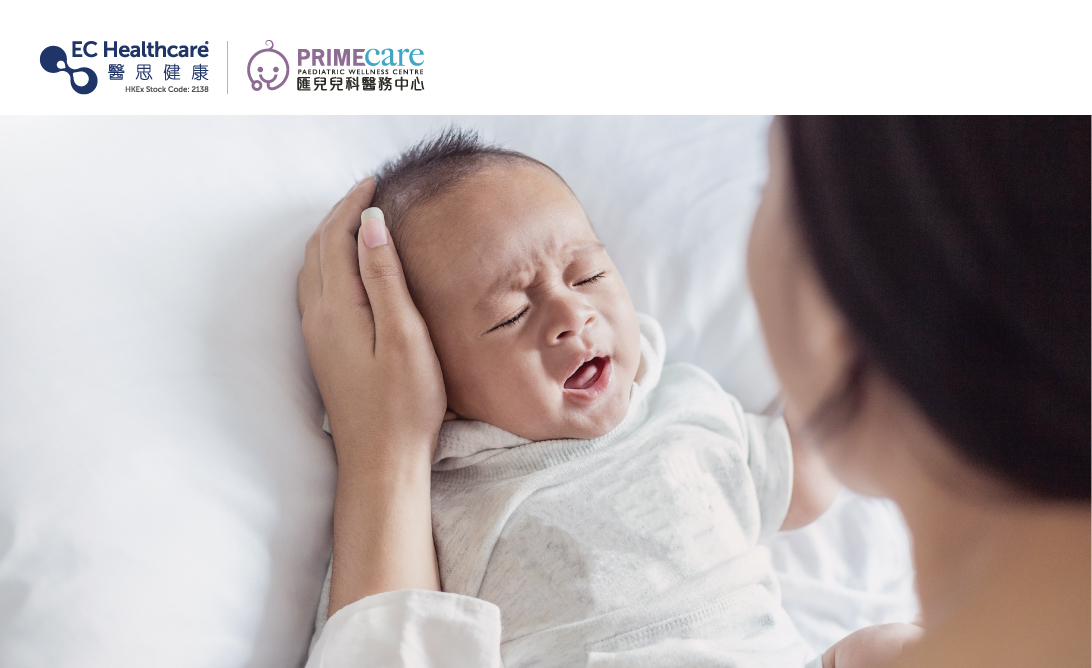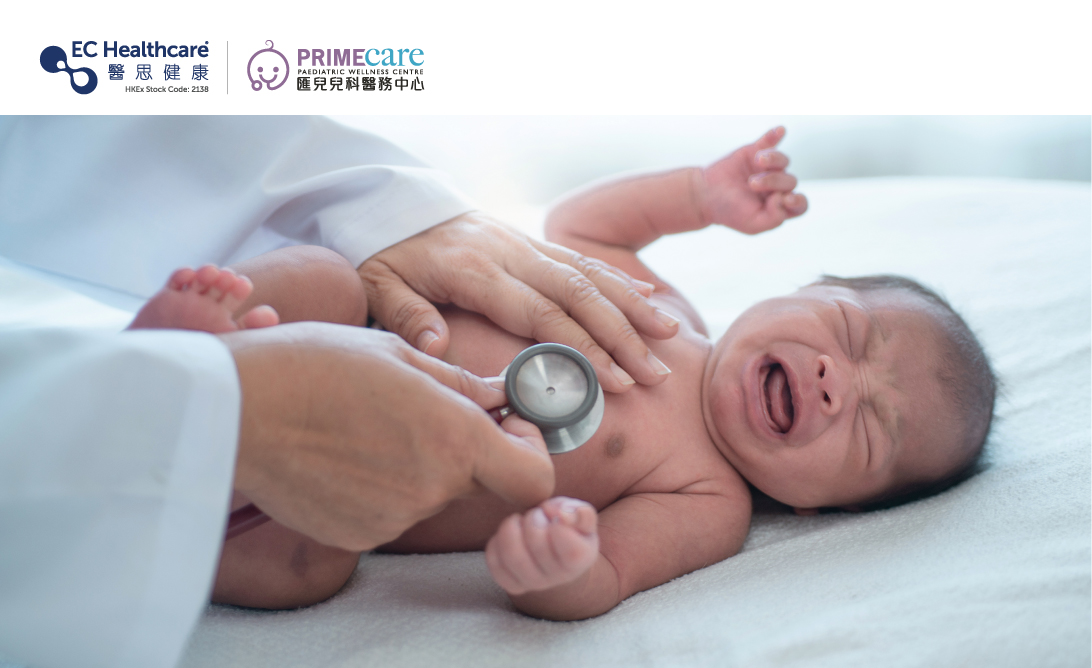Newborn Jaundice 101: A Must-Read for New Parents


It’s common for newborn babies to develop jaundice, which can make their skin and the whites of the eyes turn yellow. In this blog, we'll cover everything you need to know about newborn jaundice, including the causes, prevention, treatment, as well as how to take care of affected infants.
Newborn jaundice occurs when the baby's blood contains an excess of bilirubin, a yellow pigment produced during the breaking down of red blood cells. After birth, babies do not need as many red blood cells as in the fetal stage, so they will break down the excess red blood cells, leading to higher levels of bilirubin. But their liver is not mature enough to process the bilirubin efficiently, resulting in jaundice symptoms.
There are two types of newborn jaundice: physiological and pathologic jaundice. Most newborns experience mild physiological jaundice, which is normal. Generally, newborn jaundice appears 2-3 days after birth and goes away within 2-3 weeks. In most cases, newborn jaundice won’t cause any problems for the baby. However, if the bilirubin levels are too high or the jaundice is severe or lasts too long, it may affect the baby's health and even harm their brain. If your baby falls into one of the following 5 categories, they may be at a higher risk for elevated bilirubin levels.
-Premature birth
-Difficulty breastfeeding
-Have glucose-6-phosphate dehydrogenase (G6PD) deficiency
-Blood type incompatibility between the mother and baby
-Other infections
As parents, how can we help our baby with jaundice? First, make sure your baby is getting enough milk to prevent dehydration. Giving them lots of water can also help clear out the extra bilirubin. For breastfed babies, some may have "breastmilk jaundice" that can last for 2-3 months. But as long as your baby is eating well, having regular bowel movements and urination, and gaining weight, it should not affect their health. Plus, don’t forget to bring your baby to a Maternal and Child Health Center or family doctor/pediatrician after leaving the hospital for a follow-up on their jaundice. The doctor will keep an eye on their condition and refer them to the hospital if necessary.
As for G6PD deficiency, it’s a genetic disorder. If a baby with G6PD deficiency takes certain medications, comes into contact with mothballs, or eats fava beans, their red blood cells can break down rapidly, causing severe jaundice. But no worries, all babies born in Hong Kong public hospitals undergo a screening test for G6PD deficiency using cord blood specimens. If the baby is diagnosed with G6PD deficiency, parents will usually be notified before leaving the hospital.
To sum it up, newborn jaundice is a common condition, so parents don't need to panic. Most babies don't need treatment as jaundice usually goes away on its own as their liver develops. However, if the bilirubin levels are too high or surge rapidly, it's important to take them to a doctor right away for diagnosis and proper treatment. As long as we know what causes jaundice and take the right steps to address it, our babies will recover soon.
<Online Appointment>
Related Brands










